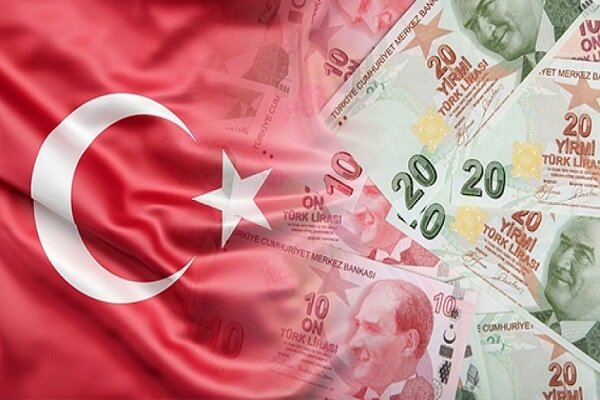Türkiye’s economy is declining, from economic uncertainty to rampant inflation.
Ten years ago, Turkey was considered a developing country with a thriving economy. It aimed to be one of the world’s top 10 economies by the 100th anniversary of the founding of the Republic of Turkey, based on the ambitious goals of its Vision 2023. However, Turkey’s economic decline since 2013 has made it increasingly difficult for its people, and in 2023, the year the Vision 2023 was to be achieved, the economic situation worsened and the goals were defeated.
At the time, current Turkish President Recep Tayyip Erdogan promised that if the Turkish people gave him another chance, he would save the country with a few economic reforms. But this promise has not been fulfilled, and now millions of Turkish citizens are facing stagflation, inequality, increasing poverty, and unemployment, and have lost a significant part of their purchasing power. All this while foreign policy has not helped the economy, and economic analysts say that by the end of this year, the dollar will exceed 45 liras in Turkey, which will mean more difficult conditions for the production, industrial, and export sectors.
The debate over statistics
One of the main criticisms of Erdogan’s opponents is that members of his economic team, namely the Minister of Finance and Treasury, the Vice President, the Governor of the Central Bank and the Head of the National Statistical Center of Turkey, do not provide a clear report on the country’s economic conditions to the public and are engaged in so-called statistics. For example, according to official government and central bank statistics, in early 2024, Turkey’s annual inflation rate reached 64.8 percent, the highest since November 2022. Core inflation also reached its highest level in the past 24 years, namely 70.6 percent, which was due to factors such as rising energy costs, disruptions in the supply chain and unconventional monetary policies. However, study and research groups close to the market, the private sector and universities announced in several reports that Turkey has experienced triple-digit inflation for the first time and its average inflation has reached 108 percent.
The increase in production costs has caused Turkey’s exports of goods to other countries to decrease. As a result, the foreign trade deficit in the country’s economy has reached a worrying level, and against the figure of $344 billion in imports, the amount of imports barely reached $262 billion. This was in a situation where strict rules were put in place for importing goods and a significant part of the control of the amount of imports was due to the lack of foreign exchange resources and foreign borrowing.
The multitude of economic challenges for Turkey
In 2024 and 2025, the Turkish economy has faced significant challenges, including high inflation, devaluation of the national currency and political instability. Devaluation of the currency and capital flight from Turkey to Europe have been one of the constant problems of the past 10 years. With the arrest of Istanbul Mayor Ekrem İmamoğlu, the problem became more complicated and affected the market in two ways: First, the market was caught by surprise and the psychological effects of this government action caused the Turkish lira to weaken even further against the US dollar. As a result, the Turkish Central Bank was forced to sacrifice more than $55 billion in foreign exchange reserves in just three weeks to keep the dollar at 38 lira.
This action was described by Turkish political and economic analysts as the negative effects of the political establishment on the economy, and the leader of the Republican People’s Party and supporter of İmamoğlu, considered these events a betrayal of democracy and the Turkish economy. Second, some foreign companies, expressing concerns about the increasing political and economic instability of the Istanbul Stock Exchange, left the Izmir, Bursa, Ankara and Mersin markets, and the desire of many large European, American, and Chinese companies to invest in Türkiye subsided.
Another major challenge for the Turkish economy has been the country’s unconventional monetary policies and the president’s continued interference in setting interest rates on bank deposits. This trend has led to three changes in the central bank governor in a short period of five years. Previous policies, which favored low interest rates in the face of high inflation, undermined investor confidence and exacerbated economic problems. Although the central bank has since shifted to a contractionary stance, raising interest rates to 49 percent, the consequences of previous policies continue to affect the economy.

